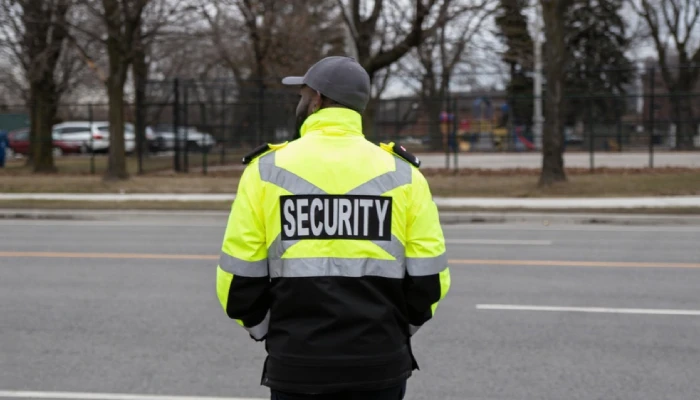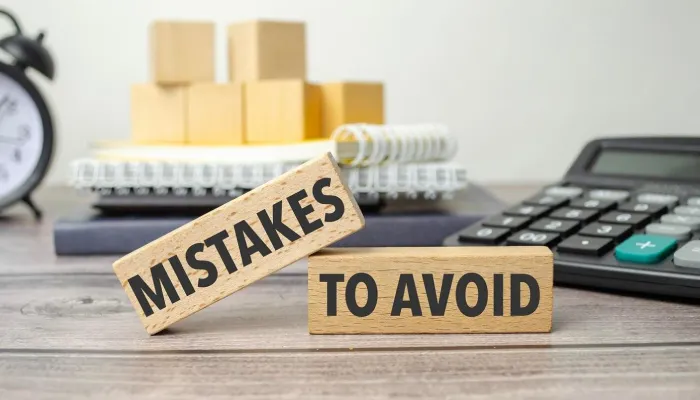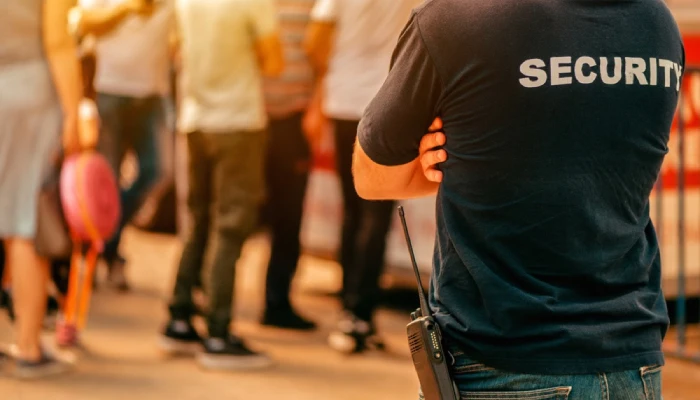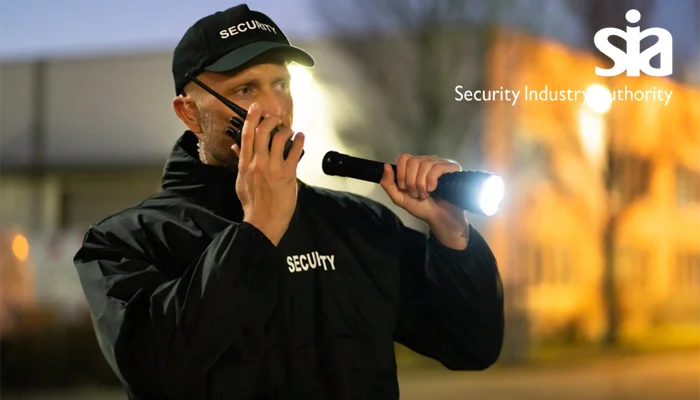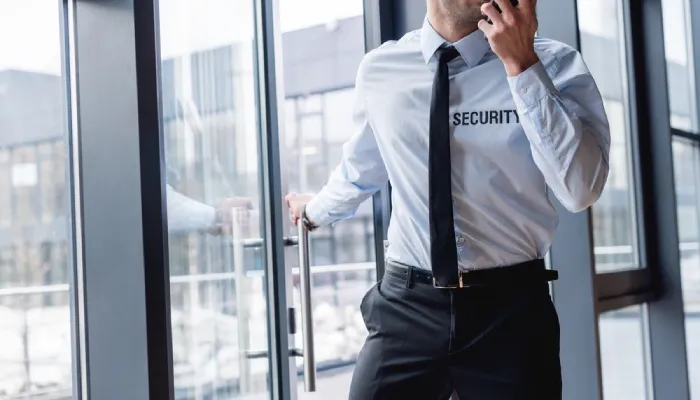Running a business comes with many challenges, and one of the biggest responsibilities for employers is ensuring the safety and security of their staff, customers, and property. Whether you run a retail store, a corporate office, a construction site, or an event venue, knowing how to hire SIA-licenced security officers can make all the difference in building a safe and professional environment. Hiring professional SIA-licenced officers not only protects your business but also enhances trust and credibility with clients.
In this guide on How to Hire SIA-Licenced Security Officers, we will walk you through the step-by-step process of hiring SIA-licenced security staff, explain why licencing matters, and highlight how you can connect with trained professionals to protect your business.
What Is an SIA Licence and Why Is It Important?
The Security Industry Authority (SIA) regulates the private security industry in the UK. For anyone working as a security officer, door supervisor, or CCTV operator, holding a valid SIA licence is a legal requirement.
Employers benefit from hiring licenced professionals because:
They are trained and meet industry standards.
They have passed background and identity checks.
They are skilled in conflict management, first aid, and emergency response.
They give your clients and employees peace of mind.
Simply put: without an SIA licence, a security officer cannot legally operate in the UK.
Step 1: Identify Your Security Needs
Before hiring, employers should first define their security requirements. Different workplaces require different skill sets, and that’s why understanding How to Hire SIA-Licenced Security Officers for the right role—whether a door supervisor, CCTV operator, or security guard—is absolutely essential.
Retail businesses → Security guards for theft prevention.
Clubs, pubs, or events → Door supervisors trained in crowd control.
Construction sites → Security officers for asset protection.
Corporate offices → CCTV operators and access control officers.
For example, if your workplace requires door supervisors, you should ensure candidates have completed the SIA Door Supervisor Course (6 Days). Similarly, for CCTV monitoring roles, the SIA CCTV Course (3 Days) is essential.
Step 2: Verify the Candidate’s SIA Licence
When you shortlist applicants, always check whether their SIA licence is:
Valid and active (not expired).
Relevant to the role (door supervisor, CCTV operator, or security guard).
You can verify licences using the SIA online register. Hiring without verification could expose your business to legal risks.
If a candidate’s licence is due for renewal, encourage them to complete a Renewal Licence or refresher training like the SIA Door Supervisor Refresher (2 Days) or SIA Security Guard Refresher (1 Day).
Step 3: Conduct Background Checks
Apart from the SIA licence, employers should perform background checks to ensure they are hiring reliable staff. This includes:
Employment history verification.
Character references.
Criminal record checks (if applicable).
Licenced officers usually already meet many of these standards, but due diligence ensures you build a trustworthy team.
Step 4: Evaluate Training and Skills
Not all security officers are the same. Employers should assess:
Training courses completed – e.g., Door Supervisor, CCTV, or Security Guard training.
Practical skills – first aid, conflict resolution, communication.
Experience – number of years in the industry, types of sites managed.
If your candidate has completed SIA-approved courses such as the SIA Security Guard Course (4 Days), they will likely be better equipped for general guarding duties.
Step 5: Interview the Candidate
During the interview, focus on real-life scenarios. Ask:
How would they handle aggressive customers?
What steps would they take in an emergency?
How do they ensure customer service while maintaining security?
This not only tests their knowledge but also shows how well they can fit into your workplace culture.
Step 6: Consider Ongoing Training
The security industry is dynamic, and officers must stay updated. Employers should encourage staff to:
Renew their licences on time.
Take refresher courses.
Attend workshops on new technology (like advanced CCTV systems).
Supporting employees with training (such as the SIA Door Supervisor Refresher (2 Days) not only improves their skills but also strengthens your company’s reputation.
Step 7: Make the Offer and Onboard Professionally
Once you’ve selected the right candidate:
Provide a clear job contract with responsibilities.
Set expectations for conduct and reporting.
Introduce them to your workplace procedures.
A professional onboarding process ensures your security officers start strong and feel valued.
Benefits of Hiring SIA-Licenced Officers
When employers invest in licenced professionals, they get legal compliance, safety, and client trust. These are just a few of the advantages explained in our guide on How to Hire SIA-Licenced Security Officers, which helps you avoid costly mistakes while ensuring top-quality protection.
Legal compliance with UK regulations.
Improved safety and reduced risks.
Professional image and client trust.
Skilled officers trained through accredited SIA Courses.
Remember, your business’s safety is too important to compromise.
Final Thoughts
Hiring SIA-licenced security officers may seem like a detailed process, but it is well worth the effort. By following this step-by-step guide, you can ensure that you employ professionals who not only protect your assets but also enhance your company’s reputation.
If you’re an employer looking to hire top-quality security professionals, always prioritise candidates who have completed recognised training such as the SIA Door Supervisor (6 Days), SIA CCTV Course (3 Days), or SIA Security Guard (4 Days). For existing staff, make sure they stay updated with their Renewal Licence and refresher training.
Security is not just about protection—it’s about professionalism, trust, and peace of mind. By hiring the right people, you’re not just protecting your business—you’re investing in its future.

